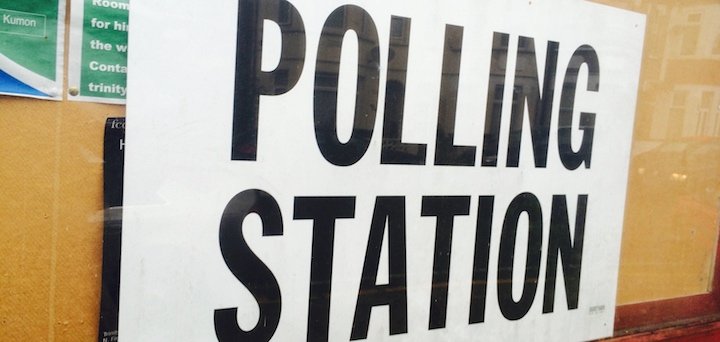 Inter-authority lending has sparked a row on Merseyside in the run up to this week’s local elections.
Inter-authority lending has sparked a row on Merseyside in the run up to this week’s local elections.
Conservative councillors on Labour-run Wirral Council have attacked the authority for lending more than £50m to other local authorities at what they claim are low rates of interest.
But the council has rejected the claims, saying that generating a return on investments would help protect services in the long run.
Launching the attack, Conservative councillor Lesley Rennie said: “Most of these loans are being given at less than 0.5%, so they hardly represent value for money for this council.
“Residents quite rightly expect money they have paid in council tax to be used for services in this borough not bailing out other councils in the rest of the UK.
“It’s time for the council to stop playing banker and start fixing the problems that residents here in Wirral are facing.”
But a statement from the council said: “If we are going to continue to protect our local services, we have to be more commercial and creative with our money, and find ways of making it go further.
“We invest money in many different ways, including loans to other organisations, in order to generate a return on that investment.
“This return is used to help plug the huge gap in our budgets caused by austerity policies and rapidly increasing demand.”
The council has lent £51.7m to other councils since 2013/14 at rates between 0.39% and 0.63%.
Counterparties include Newcastle-Upon-Tyne City Council, Birmingham City Council, Glasgow City Council, London Borough of Haringey, Lancashire County Council and the Greater London Authority.
David Green, strategic director at Arlingclose, Wirral’s treasury adviser, said that short-term inter-authority lending represents sensible management of a local authority’s finances.
He said: “A large local authority like Wirral will have around £1bn of cash receipts and payments each year, and it is therefore inevitable that on some days there will be multi- million pound timing differences.
“Rather than leave cash surpluses in a single bank account earning no interest until they are spent, it is prudent financial management to spread the risk by lending to a range of organisations and to earn interest by doing so.”
He added that the risk of default by other local authorities is much lower than that of banks, and the interest rates at which Wirral lent were all close to, or above, the Bank of England base rate.
“And, of course, the cash lent plus the interest will all be spent on local services when the loan is repaid, which might only be in a couple of days’ or weeks’ time.”
Paul Turner, director of public sector at investment firm King & Shaxson, told Room151: “From what I can see Wirral is merely managing its liquidity as any large organisation would.
“Is it supposed to leave its surplus cash in their current account earning zero?
“I am sure the treasury team at Wirral must be wondering what all the fuss is about. They have just been doing their job.”
A third of seats at the council were up for grabs at this week’s local elections.
The furore is not the first time that inter-authority lending has come under the spotlight at the authority.
In 2013 Conservative councillor Leah Fraser published a blog criticising the use of reserves to make loans to other local authorities.
Listing both Wirral’s counterparties and the interest rates on their loans, Cllr Fraser dubbed the council “Wonga Wirral”.












